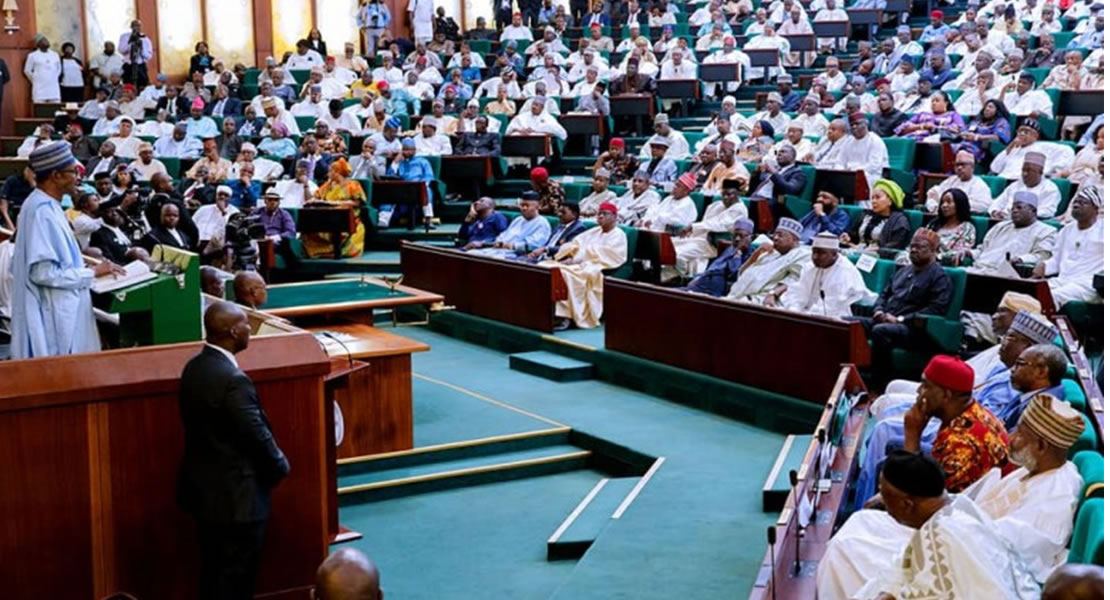
The lawmakers who spoke on Thursday, November 18, 2020 in Lome, Togo on the sidelines of the ongoing Delocalised Meeting of the ECOWAS Parliament, warned that a total blanketing of social media may cause more problems than good.
It’s on the theme, “ECOWAS in the era of COVID-19 and beyond: focusing on Information and Communication Technology (ICT) to promote distance education and training in ECOWAS Member States”.
The meeting brought together experts and members of parliament from the Joint Committees on: Education, Science and Technology -Telecommunication and Information Technology and the committee on Political Affairs, Peace, Security, as well as Committee on Infrastructure.
Speaking in an interview, Biodun Olujimi said that a blanket ban on social media will be counterproductive as it will stifle information access.
She said that at a time when other countries were investing heavily to make internet accessible especially for education during the Pandemic, Nigeria should be pushing for a better way to manage social media.
Exemplifying with a law recently passed in Ghana, she said that government should rather adopt a system blocking specific unreliable platforms.
“We need to prioritise as a nation, in Ghana, a law was passed last year to ensure that certain things cannot be downloaded from the internet and certain information cannot be passed. That is what is important, we do not need it to shield our people from information per say however, we need to shield them from certain things that are unreliable”.
That is what we need to sit down and think through and the senate resumes, we will look at that, not to look at a general blanketing of social media, she said.
Madam Olujimi, who also called for internet to be made more affordable and accessible, acknowledged that there must be some control to ensure that it is not used for things other than access to education for which it was subsidized.
“Yes, when it was expensive it was used recklessly. When we make it a little cheaper, we can also guard it. Anything you leave for free, and leave for people to manage as they want, cannot but have such problems.
The minute we look at it holistically and decide the things we do not want and the things we want, then we will get it right. For instance, in some countries, you can no longer view pornography, and that is blocking unreliable sources of information”.
Kwaku Sakyi-Danso/Ghanamps.com